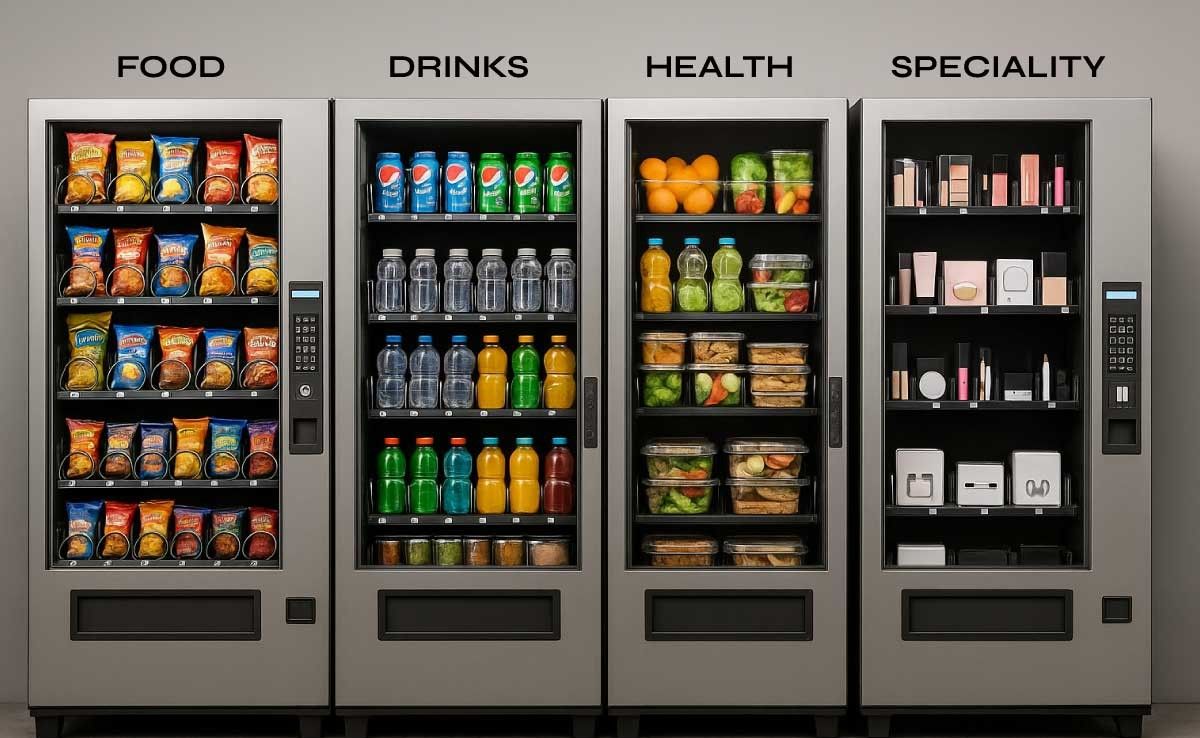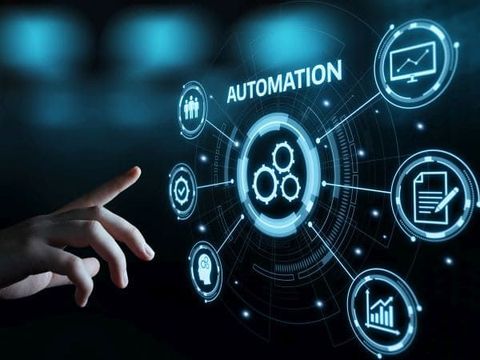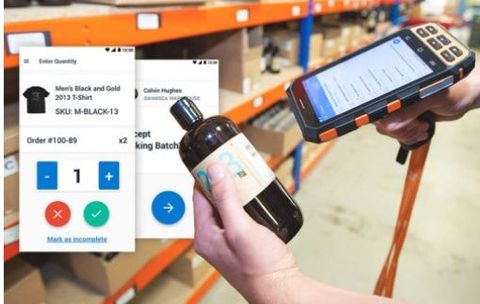Explore about AI-powered vending machines for offices,schools & malls
AI-powered vending machines are modern vending solutions that integrate artificial intelligence to enhance user experience, efficiency, and inventory management. Unlike traditional vending machines, these devices can analyze customer preferences, optimize product selection, and provide cashless or contactless payment options.
They exist to address evolving consumer expectations in spaces such as offices, schools, and shopping malls. By leveraging AI, vending machines can offer a more personalized and efficient service, ensuring products are stocked according to demand and trends.
These machines often include touchscreens, cameras, sensors, and software that track purchasing patterns, predict restocking needs, and adjust product recommendations based on user behavior. The integration of AI transforms a simple vending device into a smart retail solution.

Importance
AI-powered vending machines are becoming increasingly relevant due to several factors:
-
Enhanced convenience: Users in offices, schools, and malls can quickly find and purchase products without traditional checkouts.
-
Inventory optimization: AI predicts demand and helps ensure popular items are always available while reducing waste from unsold products.
-
Data-driven insights: Operators gain insights into customer preferences and trends, allowing for better planning and service improvement.
-
Contactless interactions: Particularly relevant during and after the COVID-19 pandemic, AI vending machines support hygienic and touch-free experiences.
-
Accessibility: Some machines are equipped with features for differently-abled individuals, making retail more inclusive.
These machines affect consumers, facility managers, and facility planners by solving problems like long queues, inefficient stock management, and limited product variety in closed environments.
Recent Updates
In the past year (2024–2025), AI-powered vending machines have seen significant technological and market developments:
-
Facial recognition and personalized recommendations (2024): Some machines now suggest products based on age, purchase history, or preferences.
-
Integration with mobile apps (2024): Users can select items and make payments via apps, streamlining the vending experience.
-
Smart inventory management (2025): Machines automatically report low-stock items to suppliers, improving replenishment efficiency.
-
Health-conscious trends (2025): Many AI vending machines now recommend healthier snacks, beverages, or portion-controlled options.
-
Sustainability efforts (2025): Advanced AI algorithms help reduce waste by optimizing stock levels and expiry tracking.
Global market reports indicate that AI-powered vending machines are expanding in urban spaces, with offices and malls adopting them to meet consumer convenience and sustainability expectations.
Laws or Policies
The deployment of AI-powered vending machines is subject to regulations and guidelines depending on the country:
-
Data privacy regulations: Countries like the United States (CCPA), European Union (GDPR), and India (Data Protection Bill) govern how personal data from AI systems, including facial recognition, can be collected, stored, and used.
-
Health and safety standards: Machines dispensing food and beverages must comply with hygiene standards set by local food safety authorities.
-
Accessibility compliance: Public spaces must ensure that machines are usable by individuals with disabilities, as regulated by laws like the Americans with Disabilities Act (ADA) in the U.S.
-
Payment security regulations: Cashless or digital payment systems integrated with vending machines must comply with PCI DSS standards or equivalent local payment security regulations.
-
Energy efficiency policies: In some regions, energy-efficient appliances may be subject to certifications or incentives to reduce environmental impact.
Operators need to navigate these rules to maintain compliance while ensuring the safe and effective operation of AI-powered vending machines.
Tools and Resources
Several tools, apps, and platforms support the use, monitoring, and management of AI-powered vending machines:
-
Inventory management software: Tools like VendSoft or StockTrack allow real-time monitoring of stock levels and automatic replenishment alerts.
-
Mobile payment apps: Platforms such as Google Pay, Apple Pay, and local digital wallets integrate seamlessly with vending systems.
-
Analytics dashboards: Cloud-based dashboards provide insights into sales trends, customer behavior, and product preferences.
-
Machine learning libraries: Libraries such as TensorFlow or PyTorch are used to develop predictive models for product recommendations and demand forecasting.
-
Educational resources: Online courses and webinars offer knowledge on AI, vending machine automation, and retail optimization.
These resources enable operators and facility managers to leverage AI effectively, reduce downtime, and provide a better user experience.
FAQs
How do AI-powered vending machines work?
AI-powered vending machines use sensors, cameras, and software to monitor stock, track user interactions, and provide personalized product recommendations. They often integrate cashless payments and real-time analytics.
Where are these machines commonly used?
They are primarily found in offices, schools, and shopping malls, where convenience, speed, and efficient inventory management are most valuable.
Can AI vending machines reduce waste?
Yes. By predicting demand and optimizing stock levels, AI reduces the likelihood of expired or unsold products. Some machines also track product expiration and automatically suggest items nearing their best-before dates.
Are AI vending machines safe in terms of privacy?
Privacy depends on the regulations and implementation. Machines must comply with local data privacy laws (like GDPR or CCPA) when collecting data such as facial recognition or purchase history.
Do AI vending machines support contactless payments?
Yes. Most modern AI vending machines support mobile wallets, NFC payments, and QR code-based transactions, reducing the need for cash handling.
Conclusion
AI-powered vending machines represent a significant shift in automated retail for offices, schools, and malls. By combining artificial intelligence with modern vending technology, these machines enhance convenience, optimize inventory, and deliver a safer, more personalized user experience.
As AI continues to evolve, the role of these machines in everyday spaces will expand, providing insights into consumer behavior, supporting sustainability initiatives, and ensuring more efficient and hygienic retail environments. Operators and planners who understand the benefits, regulations, and technological advancements will be better positioned to implement these systems successfully.






